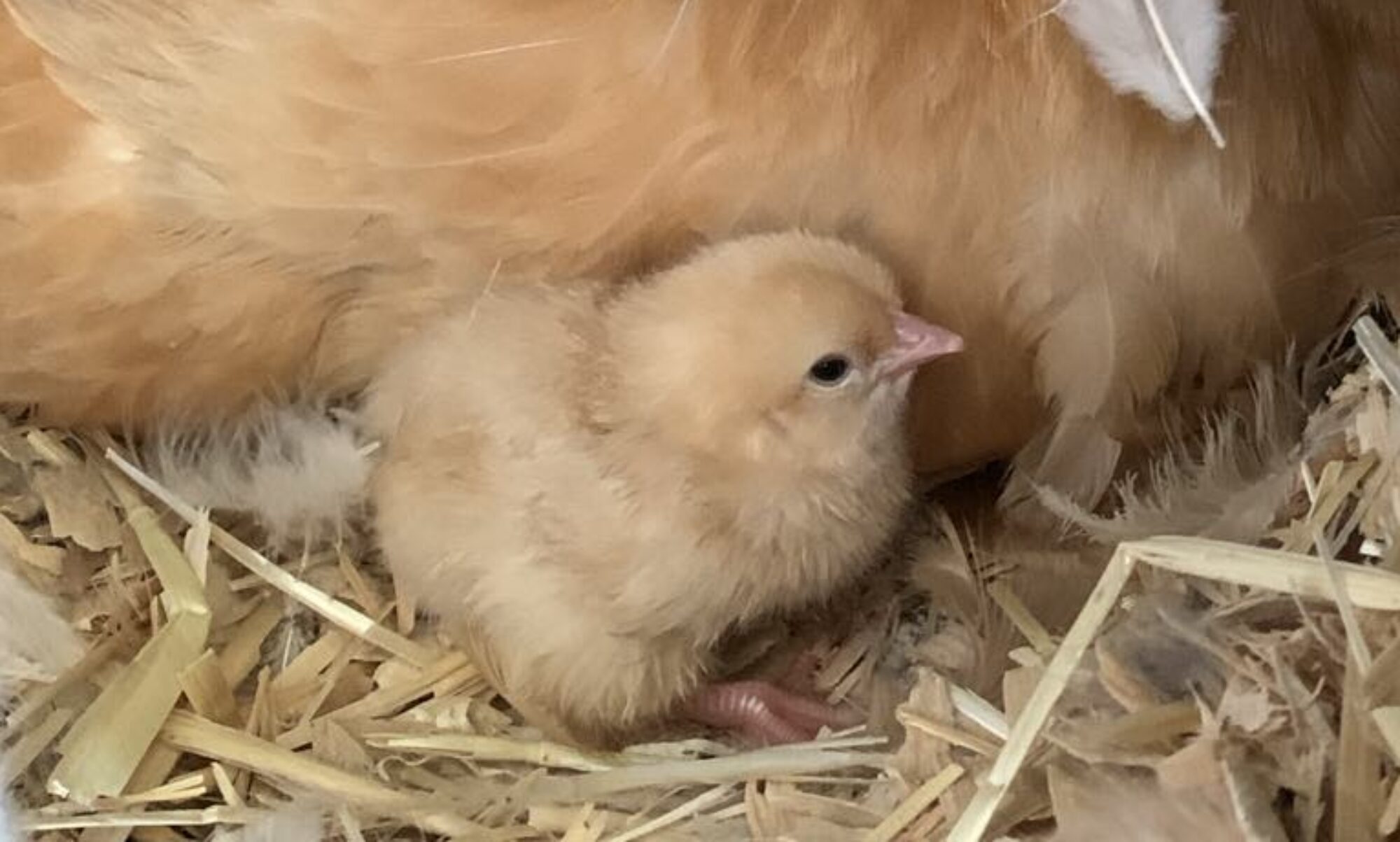First let me clarify that I am not a veterinarian. I do know from having animals that there are occasions when you can not get a hold of your vet and you need to make decisions regarding your animals based on knowledge, experience, and even the internet. I have a really good vet, but he’s entitled to time off every now and then. It seems like nights, weekends, and holidays are prime times for animals to get ill or injured. This is why it is important to educate yourself, talk with your vet ahead of time, and seek out reputable sources on the internet before you need to treat your animal. Be prepared! I recently read on an animal Facebook group about a person looking for help with a sick dog, and holy cow, the suggestions for possible treatments ran the gamut. There was one suggestion to give the dog nighttime Tylenol, that made me cringe. Sometimes we think that if it’s ok for people, it’s ok for animals. And that is just not true!



